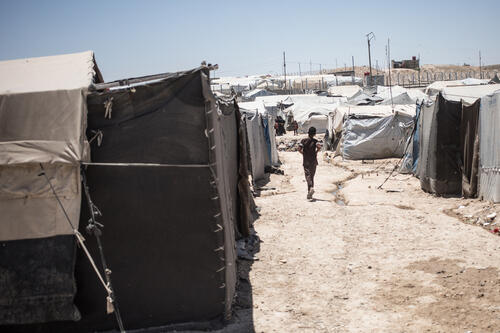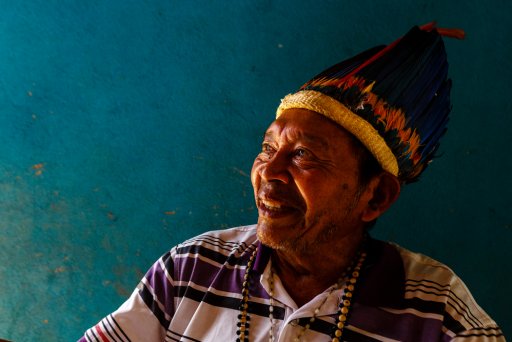Sorry, that story no longer exists on our website
The article or video you are looking for has been moved to our archive. Perhaps another story on this page might interest you?
Scroll down for links to our latest news, crisis explainers and videos from our projects.
Latest news and stories from MSF Ireland

On 23 April, Kyiv faced yet another wave of massive bombardment.
Learn more
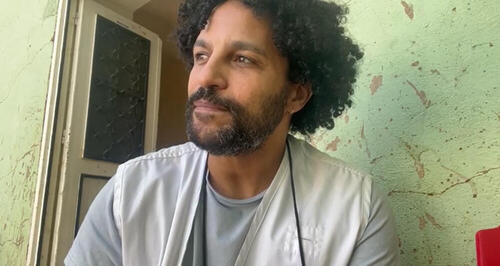
Dr Javid Abdelmoneim knew he had to say ‘yes’ when he got the call from MSF about going to Sudan just after war erupted two years ago.
Learn more
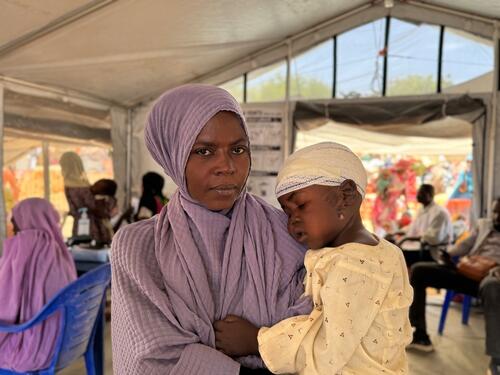
Thousands are displaced after an attack at Zamzam Camp in Sudan. MSF provides urgent medical aid to victims.
Learn more
Never miss another story
Sign up to Frontline, our monthly e-newsletter, to stay up to date with MSF's life-saving work in over 65 countries
MSF crisis responses explained
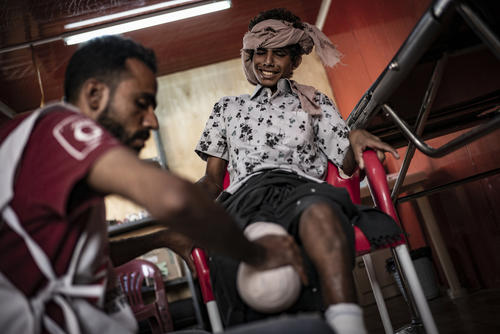
COVID-19 has made the collapse of Yemen's health system complete, following five years of conflict
Learn more
